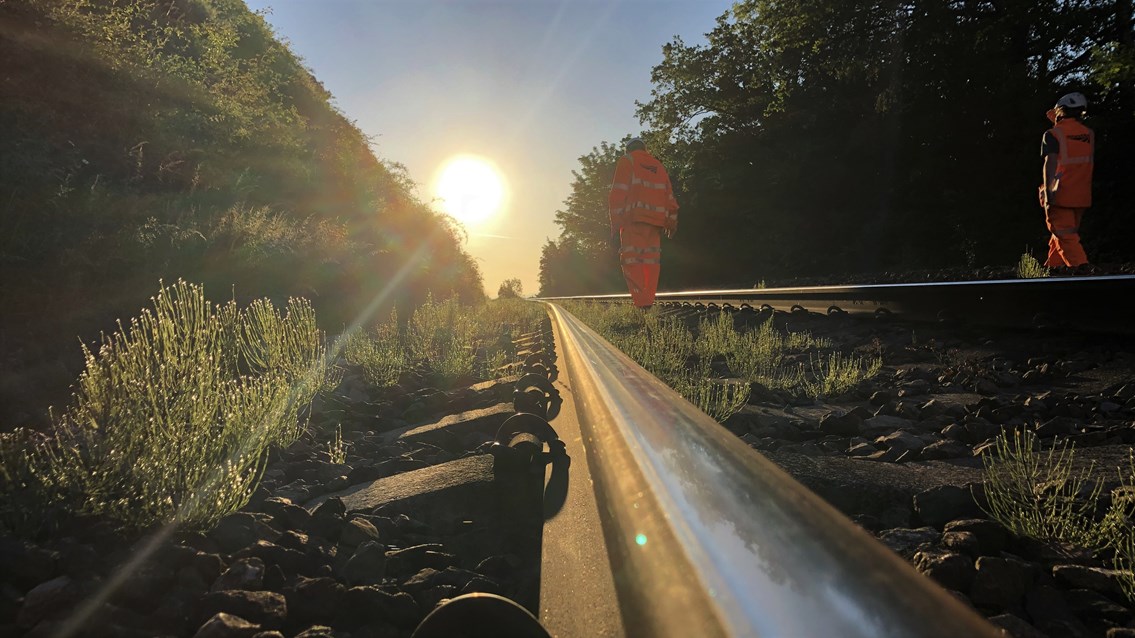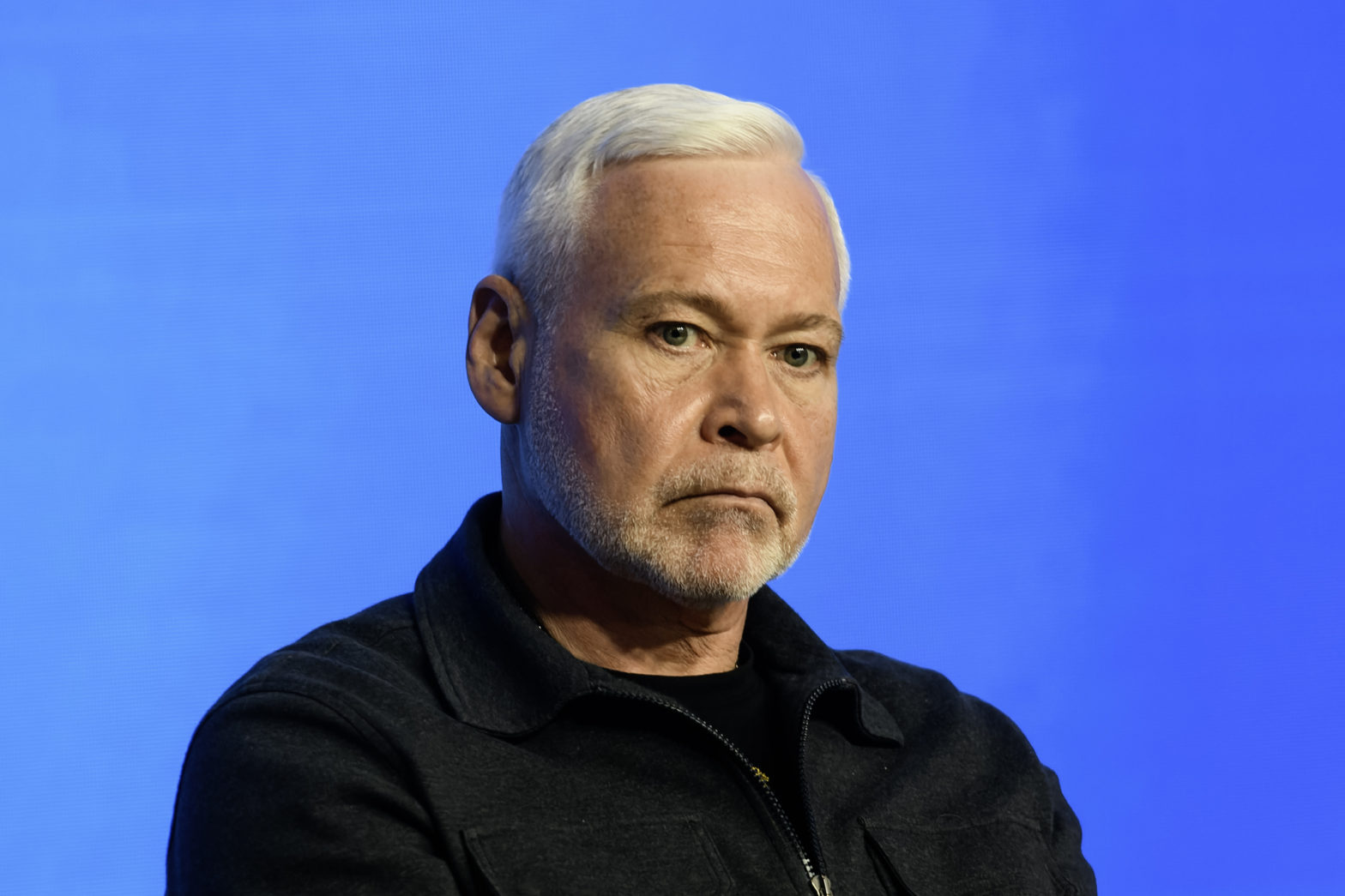
Photo: https://twitter.com/networkrail
UK launches rail resilience taskforce after record heatwave
20 July 2022
by Christopher Carey
Network Rail – the UK’s public body for railway infrastructure – has announced the launch of a new taskforce led by independent experts to investigate and make recommendations on how it can develop its approach to resilience during hot weather.
UK temperatures exceeded 40°C (104°F) for the first time on record this week, leading to a series of cancellations over fears tracks may buckle and cause a derailment.
“The weather we’ve experienced this week has put a huge amount of pressure on our infrastructure, our staff and our passengers, and with extreme weather events becoming more frequent as our climate continues to change, we’ve got to pull out all the stops to make our railway as resilient as possible,” said Andrew Haines, Chief Executive, Network Rail.
“That’s why I’ve decided to commission this taskforce, spearheaded by leading global experts, whose considerable experience in their fields both in the UK and across the world will arm us with the guidance we need to make our railway resilient in the face of climate change for generations to come.”
Adaptation
The review will consider four key areas, each led by an independent expert in their field.
Julia Slingo, former chief scientist at the Met Office and a world-renowned expert in climatology, will examine the likelihood of more frequent extreme hot weather events in the UK and how high-quality, detailed and timely weather forecasting can be maximised by Network Rail to mitigate the impact of heat on its infrastructure.
Douglas Oakervee, who served as chair of Crossrail and HS2 and is a former president of the Institution of Civil Engineers, will focus on the performance of track and overhead line equipment, as they are the two most common causes of delays and disruption in hot weather.
Simon Lane, former managing director and CEO of railways in Melbourne and New South Wales respectively, will explore operational standards, policies and practices which could allow services to continue to operate safely and without highly limiting speed restrictions in extreme heat.
Anthony Smith, chief executive of the independent transport watchdog Transport Focus, will examine how the agency communicates with passengers in the run-up to and during periods of extreme weather, as well as in its planning for disruptive events.
As part of the research, the team will gather insights from other countries and make comparisons with international rail networks that are more used to dealing with extreme heat and fluctuations in temperature.
In its third Adaptation Report published in December 2021, Network Rail noted that improving rail’s resilience will come at “significant cost and will take many years to achieve”.
Not built for heat
Transport Secretary Grant Shapps warned this week that the UK’s rail network could not cope with the record heatwave, saying that the ageing infrastructure “just wasn’t built to withstand this type of temperature”.
In the UK, railways are typically designed to work within a range of ‘normal’ temperatures, between -10°C and 35°C, while in Spain and other European countries, this range is usually between 0°C and 45°C.
In Saudi Arabia, tracks can cope with temperatures of up to 55°C.
Countries across Europe, including the UK, have resorted to painting tracks white in response to the current extreme weather in a bid to reduce the amount of heat they absorb, and trains have also been running at slower speeds.
Tweeting yesterday, Network Rail said: “At the end of the day, we and other European countries are all dealing with the impact of climate change.
“We may need to consider changing our standards and engineering for more severe summers and less severe winters for the decades to come but for now, it’s still too early to make such an enormous decision.”
Image: Network Rail








